Sophie Hannah's 6 favorite literary grudges
The prolific author recommends works by Agatha Christie, Emily Brontë, and more

A free daily email with the biggest news stories of the day – and the best features from TheWeek.com
You are now subscribed
Your newsletter sign-up was successful
Sophie Hannah's new book, How to Hold a Grudge, defends the value of nursing resentments. Below, the prolific British poet, novelist, and author of three novels that continue Agatha Christie's Hercule Poirot series, lists her favorite grudges in literature.
The Mirror Crack'd From Side to Side by Agatha Christie (1962).
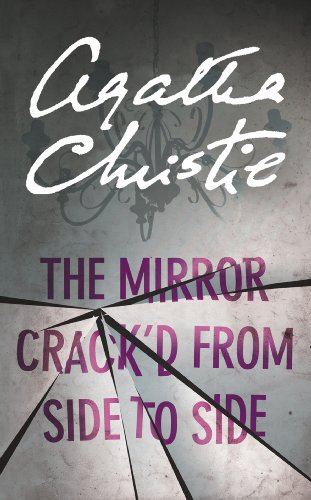
A party hosted by a famous actress is interrupted by a suspicious death in one of Christie's finest Miss Marple novels. I don't want to give away any surprises, but it's safe to say that the grudge central to the plot stands out because of its unusual position in the narrative.
The Week
Escape your echo chamber. Get the facts behind the news, plus analysis from multiple perspectives.

Sign up for The Week's Free Newsletters
From our morning news briefing to a weekly Good News Newsletter, get the best of The Week delivered directly to your inbox.
From our morning news briefing to a weekly Good News Newsletter, get the best of The Week delivered directly to your inbox.
Murder on the Orient Express by Agatha Christie (1934).
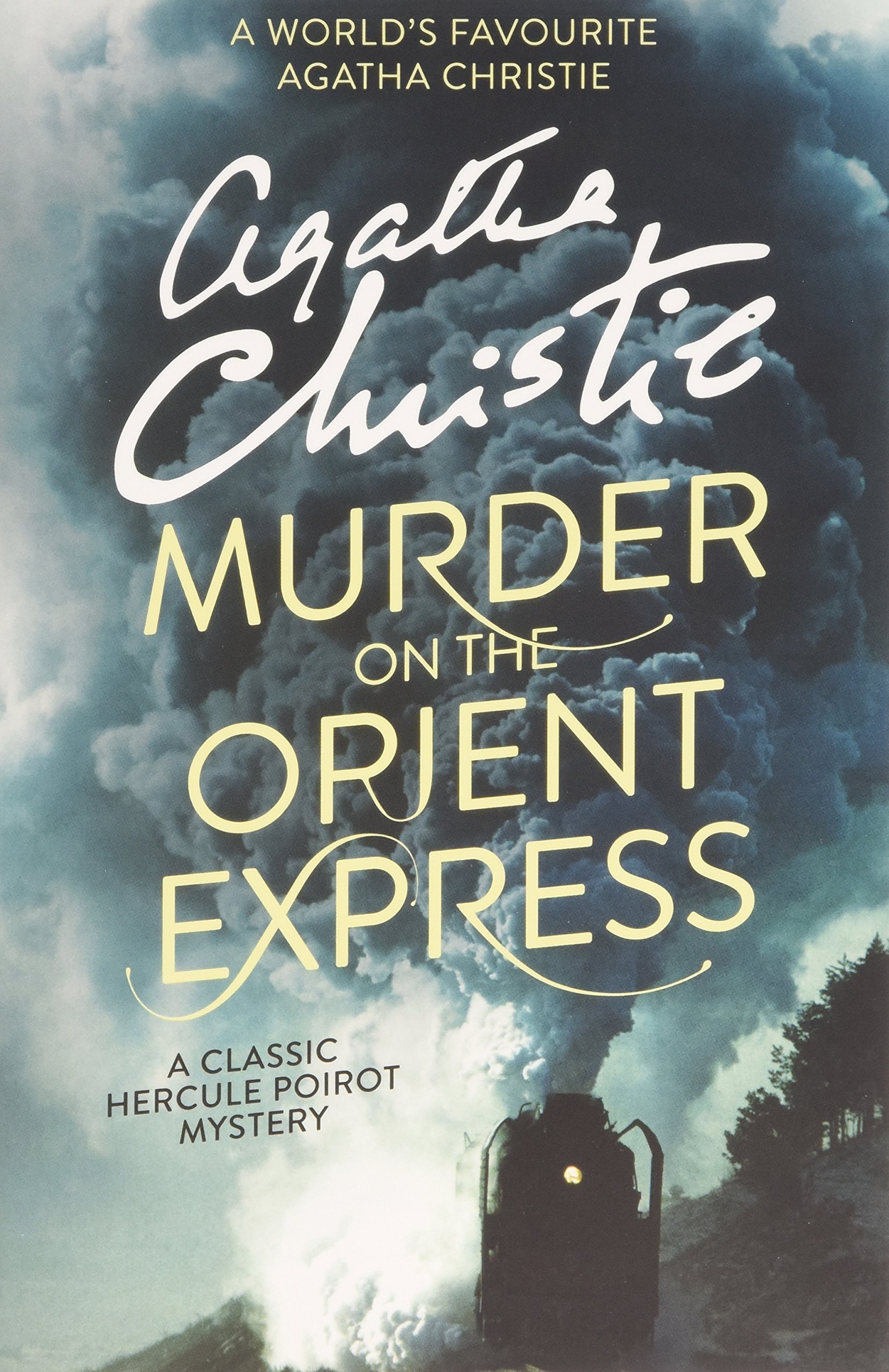
Don't worry, my choices aren't all going to be by Dame Agatha — though they easily could be. This novel, in which Hercule Poirot has to work out which passenger on a train stabbed the unsavory Samuel Ratchett, is arguably Christie's masterpiece. Once again, a grudge plays a prominent role. And the distinction between personal desire for vengeance and the demands of justice are brilliantly blurred.
Mice by Gordon Reece (2010).
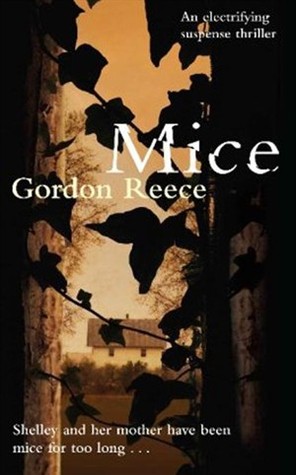
In this gripping novel about a bullied schoolgirl named Shelley, the reader soon shares all of the protagonist's grudges. Then an intruder breaks into Shelley's home, and she decides it's time to stop being a victim. Reece's jewel of a thriller left me breathless — and proud to be a grudge-holder.
A free daily email with the biggest news stories of the day – and the best features from TheWeek.com
Coming From Behind by Howard Jacobson (1983).
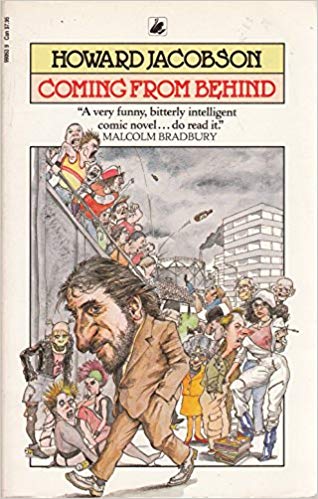
In the funniest novel I've ever read, a junior academic refuses to accept reality: that after graduating from Cambridge the only job he could secure for himself was at the terrible Wrottesley Polytechnic. He does battle with that reality in every way he can, with hilarious results.
Wuthering Heights by Emily Brontë (1847).
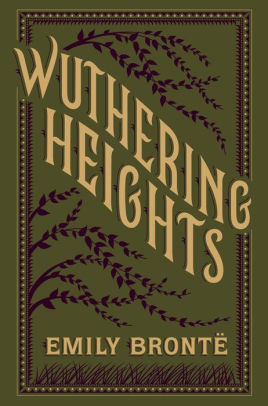
You could be forgiven, after reading Brontë's fascinating, perfect novel, for thinking that Yorkshire, England, could dispense with electricity and run on grudge power alone. Heathcliff doesn't respond to his justifiable resentments in the most enlightened way, but that doesn't make me love the novel any less.
Collected Sonnets by Edna St. Vincent Millay (1988).
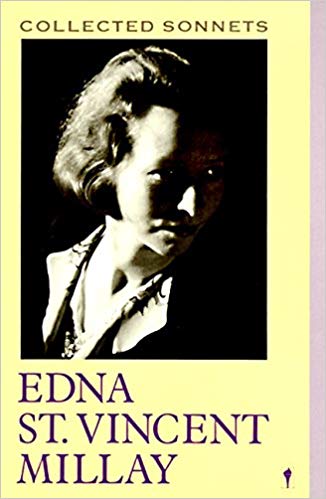
Millay can be scathing, grudge-y, and acerbic when she wants to be, as many of these sonnets reveal. My favorite contains one of the most cutting couplets in poetic history: "Oh, I shall love you still, and all of that. / I never again shall tell you what I think."
-
 5 cinematic cartoons about Bezos betting big on 'Melania'
5 cinematic cartoons about Bezos betting big on 'Melania'Cartoons Artists take on a girlboss, a fetching newspaper, and more
-
 The fall of the generals: China’s military purge
The fall of the generals: China’s military purgeIn the Spotlight Xi Jinping’s extraordinary removal of senior general proves that no-one is safe from anti-corruption drive that has investigated millions
-
 Why the Gorton and Denton by-election is a ‘Frankenstein’s monster’
Why the Gorton and Denton by-election is a ‘Frankenstein’s monster’Talking Point Reform and the Greens have the Labour seat in their sights, but the constituency’s complex demographics make messaging tricky